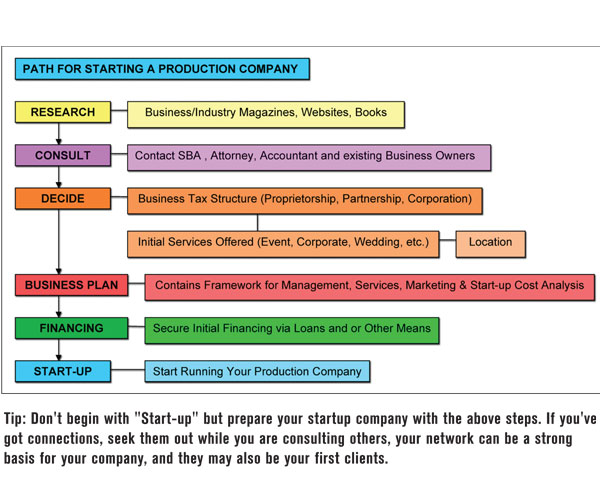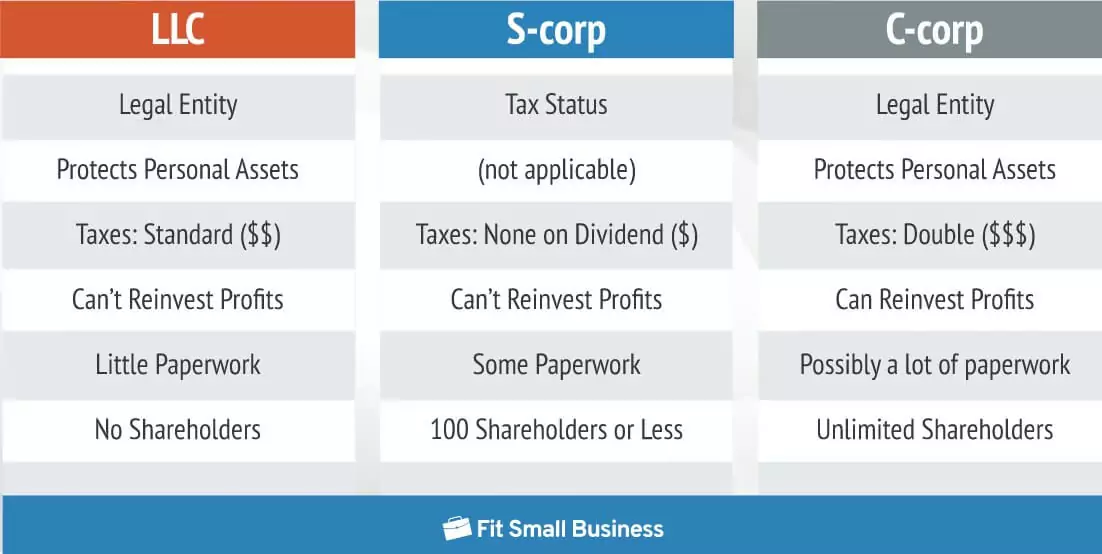Start working at a production house by building a portfolio, networking within the industry, gaining relevant experience through internships or freelance projects, and showcasing strong communication and teamwork skills.
Working at a production house involves creativity, teamwork, and dedication. You need to understand the industry and its demands. It’s important to be prepared and know what to expect. Whether you are passionate about film, television, or digital content, entering this field requires a mix of skills and knowledge.
In this blog post, we will explore how you can begin your journey. From building a strong portfolio to networking effectively, we will cover essential steps. Get ready to dive into the world of production and learn what it takes to succeed.
Introduction To Production Houses
Starting to work at a production house can be an exciting journey. Production houses are where creative ideas come to life. They are the backbone of many films, TV shows, and commercials. Understanding what a production house does can help you get started in this vibrant industry.
What Is A Production House?
A production house is a company that produces media content. This includes films, TV shows, ads, and more. They handle everything from the initial idea to the final product.
Production houses have various departments. These include scriptwriting, casting, directing, and editing. Each department plays a crucial role in creating high-quality content.
Importance In The Entertainment Industry
Production houses are vital in the entertainment industry. They bring stories to life and entertain audiences worldwide. Without them, many of your favorite movies and shows would not exist.
The entertainment industry relies on production houses for their expertise and resources. They provide the technical skills and equipment needed to create professional content.
Production houses also create job opportunities. They hire writers, actors, directors, and technical staff. This makes them an important part of the economy.
Here are some key roles in a production house:
- Producer: Oversees the project from start to finish.
- Director: Guides the creative vision and directs the actors.
- Screenwriter: Writes the script for the production.
- Editor: Puts together the final version of the project.
Each of these roles is essential for a successful production. Understanding their importance can help you find your place in a production house.
Research The Industry
Starting a career at a production house can be thrilling. Researching the industry is the first step to get you on the right path. Understanding key players and types of productions is essential. It helps you know where to fit in and grow.
Key Players
Know the big names in the industry. Who are the leading production houses? Companies like Warner Bros, Universal Pictures, and Disney are major players. They have a strong influence on the market. Smaller production houses also play crucial roles. They often work on niche projects and independent films. Researching these companies helps you understand the landscape.
Types Of Productions
Production houses work on various types of productions. These include films, TV shows, web series, and commercials. Each type has its own unique process and requirements. Films usually have larger budgets and longer production times. TV shows often require faster turnarounds. Web series are becoming more popular with streaming platforms. Commercials need to be short and impactful. Knowing these differences helps you choose your path. You can decide which type of production suits your skills and interests.
Build Relevant Skills
Starting a career in a production house requires a blend of technical and creative skills. These skills are essential for executing tasks and contributing to projects. This section will guide you through the necessary skills to thrive in a production house environment.
Technical Skills
Technical skills are the backbone of any production house. These skills ensure that you can handle the equipment and software used in production. Here are some key technical skills:
- Video Editing: Knowledge of software like Adobe Premiere Pro or Final Cut Pro.
- Sound Engineering: Ability to use tools like Pro Tools or Audacity.
- Lighting Techniques: Understanding of lighting setups and their effects.
- Camera Operation: Familiarity with different types of cameras and their uses.
Consider enrolling in online courses or workshops to build these technical skills. Practical experience is also crucial. Volunteer or intern at local production houses to gain hands-on experience.
Creative Skills
Creative skills set you apart in a production house. They enable you to bring unique ideas to life. Key creative skills include:
- Storytelling: Crafting compelling narratives that engage the audience.
- Scriptwriting: Writing clear and captivating scripts.
- Graphic Design: Using tools like Adobe Photoshop or Illustrator to create visuals.
- Art Direction: Understanding the visual style and aesthetics of a project.
Practice these creative skills by working on personal projects. Collaborate with others to gain different perspectives. Keeping a portfolio of your work can showcase your creative abilities to potential employers.
| Technical Skills | Creative Skills |
|---|---|
| Video Editing | Storytelling |
| Sound Engineering | Scriptwriting |
| Lighting Techniques | Graphic Design |
| Camera Operation | Art Direction |
Building these skills requires dedication and practice. Stay updated with industry trends and continuously improve your craft. This will increase your chances of success in a production house.
Gain Experience
Starting a career in a production house can be challenging. Gaining experience is crucial to stand out. Practical experience will give you the skills and confidence needed. Let’s explore some ways to gain that experience.
Internships
Internships offer hands-on experience in the production field. Many production houses offer internship programs. These programs provide a glimpse into the daily operations. Interns often get to work on real projects. This is a great way to learn the ropes. Networking during internships can also be beneficial. You might meet future colleagues or mentors.
Freelance Work
Freelance work is another way to gain experience. It allows you to build a portfolio. Freelancing can be flexible and varied. You might take on different roles in various projects. This helps you learn different skills. It also shows your versatility. Freelance work can lead to more opportunities. Many production houses hire freelancers for short-term projects.
Networking
Networking is the lifeblood of any professional journey, especially in the film and production industry. Building meaningful connections can open doors to opportunities and collaborations. Here are some effective ways to network and start working at a production house.
Industry Events
Attending industry events can be very beneficial. These events include film festivals, workshops, and seminars. They offer a platform to meet like-minded professionals. You can learn from experts and share your own experiences.
Make sure to carry business cards. Introduce yourself confidently. Have a brief, engaging pitch about your skills and interests. Show genuine interest in others’ work. This can lead to meaningful relationships and potential job offers.
| Event Type | Benefit |
|---|---|
| Film Festivals | Meet industry leaders and showcase your work |
| Workshops | Learn new skills and network with peers |
| Seminars | Gain insights from experts |
Online Communities
Joining online communities is another great way to network. Platforms like LinkedIn, Reddit, and industry-specific forums are useful.
Be active in these communities. Share your work, ask questions, and offer help. This can establish you as a valuable member of the community.
Here are some tips for engaging in online communities:
- Post regularly
- Respond to others’ posts
- Join discussions
- Share relevant content
- Connect with industry professionals
Networking online can lead to virtual collaborations and job opportunities. Many production houses look for talent on these platforms.

Credit: www.videomaker.com
Craft A Strong Portfolio
Crafting a strong portfolio is essential to start working at a production house. Your portfolio is your first impression and showcases your skills and talent. It must grab attention and make you stand out from the crowd.
Showcase Your Work
Showcase your best work first. Highlight your top projects that demonstrate your skills. Include a variety of works to show your versatility. Use high-quality images and videos to present your projects. Add brief descriptions for context. Explain your role and the outcome of each project. This helps potential employers understand your capabilities.
Tailoring Your Portfolio
Tailor your portfolio to the specific production house. Research the company and understand their style and projects. Match your work to their needs. Customize your portfolio for each application. This shows your dedication and attention to detail. It also increases your chances of landing the job. Make sure your portfolio is easy to navigate. Keep it clean and professional. A well-organized portfolio leaves a lasting impression.
Job Applications
Starting a career at a production house can be exciting and challenging. The first step is to apply for jobs. Knowing where to look and how to apply can make a big difference.
Where To Find Jobs
Finding job openings at production houses can be done in several ways:
- Company Websites: Many production houses list job openings on their official websites. Check the careers section regularly.
- Job Boards: Websites like Indeed, Glassdoor, and LinkedIn often have listings for production house jobs.
- Networking: Attend industry events, join online forums, and connect with professionals on LinkedIn. Networking can lead to job opportunities.
- Recruitment Agencies: Some agencies specialize in media and production jobs. They can help match your skills to available positions.
How To Apply
Once you find a job opening, follow these steps to apply:
- Read the Job Description Carefully: Understand the requirements and responsibilities. Ensure you meet the qualifications.
- Tailor Your Resume: Highlight relevant experience and skills. Use keywords from the job description.
- Write a Cover Letter: Explain why you are a good fit for the job. Keep it concise and professional.
- Submit Your Application: Follow the instructions provided. This may include filling out an online form or emailing your resume and cover letter.
- Prepare for Interviews: If selected, be ready to discuss your experience. Practice common interview questions related to production work.
Applying for jobs at production houses requires effort and attention to detail. With the right approach, you can increase your chances of getting hired.

Credit: www.wikihow.com
Interview Preparation
Preparing for an interview at a production house can be both exciting and nerve-wracking. To boost your confidence, it’s essential to know what to expect and how to present yourself. This section covers common questions you might face and tips on presenting yourself effectively.
Common Questions
Expect to answer questions about your previous experience. They may ask about your skills relevant to the job. Be ready to discuss your understanding of the production process. They might also inquire about your favorite projects and why you like them. Sometimes, they will ask about your ability to work under pressure.
Presenting Yourself
Your appearance matters. Dress appropriately for the role. Being neat and clean helps. Confidence is key. Maintain eye contact and smile. Speak clearly and be concise. Share specific examples of your work. Show enthusiasm for the role. Let them know you are eager to contribute to their team.
Starting Your Job
Starting a new job at a production house is exciting and challenging. You will meet new people, learn new skills, and adapt to a new environment. Here are some tips to help you start your job smoothly.
First Day Tips
Your first day sets the tone for your journey. Be sure to arrive on time. Dress appropriately according to the company’s dress code. Bring a notebook and pen for taking notes.
- Arrive early: Aim to arrive at least 15 minutes early.
- Introduce yourself: Greet your new colleagues with a smile.
- Ask questions: Don’t hesitate to ask for help or clarification.
Understanding your role and responsibilities is key. Pay attention during training sessions. Take notes and ask questions to ensure you understand everything.
Building Relationships
Building relationships in the workplace is crucial. It helps create a supportive network. Start with small gestures.
- Be friendly: Smile and say hello to everyone.
- Join team activities: Participate in team lunches or coffee breaks.
- Offer help: Offer assistance to colleagues when needed.
Communication is essential. Listen actively and speak clearly. Show interest in your colleagues’ work and projects. This builds trust and rapport.
Be patient and consistent. Building strong relationships takes time. Keep a positive attitude and stay open to feedback.

Credit: www.studiobinder.com
Frequently Asked Questions
How Do I Get Started In A Production House?
Start by gaining relevant experience through internships, networking, and applying for entry-level positions. Build a strong portfolio.
What Skills Are Needed For Production House Jobs?
Key skills include creativity, technical knowledge, teamwork, problem-solving, and communication. Familiarity with industry software is essential.
Do I Need A Degree To Work In A Production House?
A degree helps but isn’t always required. Relevant experience, skills, and a strong portfolio can also open doors.
How Can I Build A Network In The Industry?
Attend industry events, join online forums, and connect with professionals on LinkedIn. Networking is crucial for job opportunities.
Conclusion
Starting at a production house can be a rewarding journey. Understanding the basics helps you fit in smoothly. Building connections is crucial for growth. Stay curious and keep learning. Embrace every opportunity to showcase your skills. Show dedication and teamwork.
These steps pave the way for success. Soon, you’ll find your place in the exciting world of production. Keep your passion alive and enjoy the ride. Your dream job awaits with hard work and persistence.







